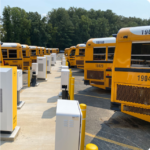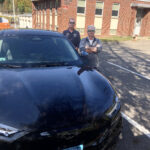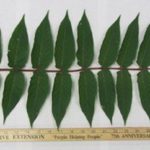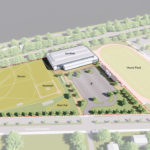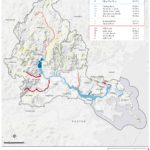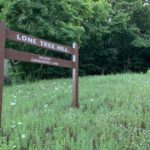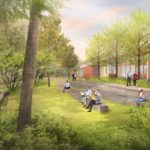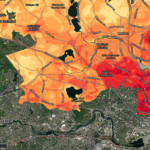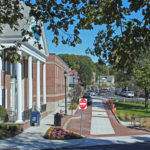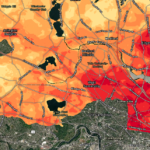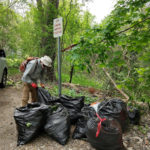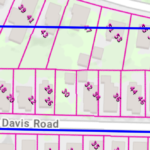
By David Chase Belmont is an MBTA community. A new state law (Section 3A of MGL c. 40A) requires MBTA communities to have at least one zoning district of “reasonable size” and a minimum gross density of at least 15 units per acre within half a mile of commuter rail, subway, ferry, or bus station. The law specifies various formulas based on population and area that attempt to quantify “reasonable.” The zoning district must not have any restrictions that would make it unsuitable for families with children. Belmont must have an Action Plan complete by January 31, 2023, and submit [READ MORE]


